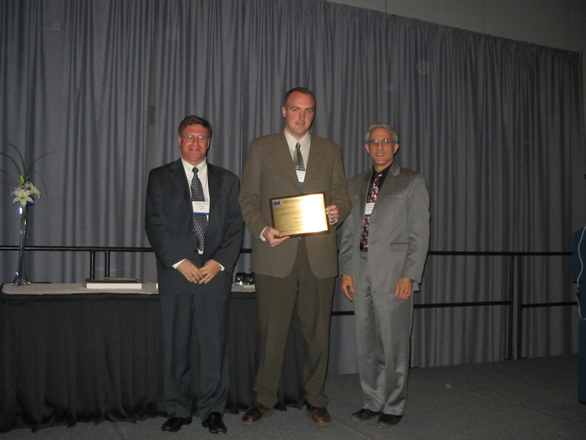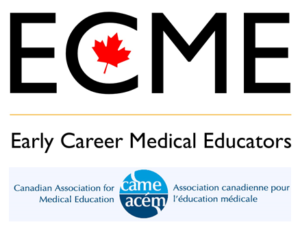Meridith Marks New Educator Award
Nomination Deadline - November 29, 2024
Submissions for our 2025 award are now open! Our adjudication committee is looking forward to reading your award packages!
The Award
This award, named in honour of Dr. Meridith Marks, recognizes individuals in the first full-time phase of their educational professional career who have made a significant contribution to medical education. This award will be presented at the CAME Awards Cocktail Reception on Saturday, April 5, 2025 during the International Congress on Academic Medicine (ICAM) in Halifax, Nova Scotia. The recipient is awarded a commemorative trophy and a prize of $1,000.
Nomination Requirements
Nominees must be CAME members. A CAME member must make the initial nomination. Members currently serving on the CAME Executive, CAME Board of Directors or the CAME Awards Committee members are not eligible for nomination. Nominations must be formally resubmitted each year to be considered.
Eligibility Criteria
The candidate must be in the first phase of their professional career (i.e., within seven years of the first academic appointment) who have made a significant contribution to medical education.
Please note, if the nominee’s service time has not been continuous please document any leaves to demonstrate that they have been in an academic position for less than seven years. Similarly, if the nominee has held academic positions at more than one institution, the total number of years can’t exceed 7 years. To confirm eligibility please contact Mary Cunningham, CAME Association Manager at mcunningham@afmc.ca
Selection Criteria
The CAME Awards Committee will evaluate candidates based on the following criteria. There should be evident contributions to medical education through a variety of means. The nomination package should clearly demonstrate how the nominee has made a significant contribution to medical education. Nomination packages should provide specific evidence of the impact of the nominee’s activities over time. The impact of these contributions should be documented at least at the national level.
- Teaching activities
- Quantity, breadth, quality
- Educational innovations / learning resources for learners and/or educators.
- Degree of innovation, breadth of the innovations, acting as a catalyst, etc.
- Research activities in medical education
- Funding: quantity, funds received, quality
- Scientific publications
- Scientific presentations
- Overall impact of the candidate’s activities
- Leadership and administrative roles in medical education
Submission requirements
Submissions must include:
- One nomination letter from a CAME member that includes specific and compelling details about the nominee’s achievements, qualifications, and contributions -in each of the above criteria- showcasing why they are a worthy candidate for the award.
- A maximum of three letters of support each providing persuasive and relevant information that validates and amplifies the nominee’s qualifications, achievements, and impact on the field of medical education.
- The nominee’s complete curriculum vitae.
- A current head shot of the nominee.
- A short bio of the nominee which will be circulated to membership and on social media should they be chosen as the 2025 Meridith Marks Award winner.
Nominees are encouraged to contact their local CAME representative for support in the application process.
Please submit nominees for the 2025 CAME Meridith Marks Award via the nomination form.
CAME Meridith Marks New Educator Award Submission Form 2025
Past Meridith Marks Award Winners
2023 CAME Award Winner
CAME Meridith Marks New Educator Award: The Meridith Marks New Educator Award, named in honour of Dr. Meridith Marks, recognizes individuals in the first phase of their professional career who have made a significant contribution to medical education. CAME is delighted to present the 2023 Meridith Marks New Educator Award to Dr. Janeve Desy, University of Calgary.
 Dr. Janeve Desy is an Assistant Professor and General Internist in Calgary, Alberta. She completed her residency training at McGill University followed by subspecialty training at the University of Calgary. She then completed a Masters of Education in the Health Professions at Johns Hopkins University as well as a one-year Point of Care Ultrasound (POCUS) training program. She is the current Assistant Dean of Evaluations and Research for the Undergraduate Medical Education Program at the University of Calgary and is the co-Director of Ultrasound and Procedural Skills for the Internal Medicine Training Program. Her research interests include POCUS assessment, using POCUS as an adjunct to the clinical examination, and remediation of underperforming medical learners. Outside of work, she is the proud mom of three young boys and enjoys long distance running, cycling, and skiing in the Rocky Mountains.
Dr. Janeve Desy is an Assistant Professor and General Internist in Calgary, Alberta. She completed her residency training at McGill University followed by subspecialty training at the University of Calgary. She then completed a Masters of Education in the Health Professions at Johns Hopkins University as well as a one-year Point of Care Ultrasound (POCUS) training program. She is the current Assistant Dean of Evaluations and Research for the Undergraduate Medical Education Program at the University of Calgary and is the co-Director of Ultrasound and Procedural Skills for the Internal Medicine Training Program. Her research interests include POCUS assessment, using POCUS as an adjunct to the clinical examination, and remediation of underperforming medical learners. Outside of work, she is the proud mom of three young boys and enjoys long distance running, cycling, and skiing in the Rocky Mountains.
2022 CAME Award Winner
CAME Meridith Marks New Educator Award: The Meridith Marks New Educator Award, named in honour of Dr. Meridith Marks, recognizes individuals in the first phase of their professional career who have made a significant contribution to medical education. CAME is delighted to present the 2022 Meridith Marks New Educator Award to Dr. Matt Sibbald, McMaster University.
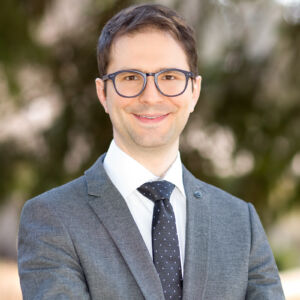
Dr. Matt Sibbald is the Associate Dean of the Undergraduate Medical Education Program at McMaster University and a scientist with the McMaster Education, Research, Innovation and Theory (MERIT) program. His main research interests are in simulation-based education, competency-based education, clinical reasoning and intravascular imaging. He is also an Associate Professor of Medicine, McMaster University and Interventional cardiologist at Hamilton Health Sciences and Niagara Health System.
Matt graduated from the University of Toronto with an MD in 2004, after completing residencies in internal medicine and cardiology. He finished a fellowship in interventional cardiology at University Health Network 2013. Dr. Sibbald completed a Master in Health Professions Education in 2011 and a PhD in 2013 – both from Maastricht University, Netherlands. He is currently the Cardiology Residency Program Director at McMaster University, and Chair of the AFC Committee for Intervention Cardiology at the Royal College of Physicians and Surgeons of Canada. He was formerly the Assistant Dean of the Centre for Simulation Based Learning in the Faculty of Health Sciences.
2022 CAME Award Winner
Dr. Matt Sibbald was virtually celebrated by colleagues, friends and the greater medical education community during our CAME Awards and Cocktail Reception, held in conjunction with CCME 2022 on April 25, 2022. Please enjoy this video of his acceptance speech. Our thanks to Dr. Jonathan Sherbino for introducing Dr. Sibbald.
Previous Recipients
CAME Meridith Marks New Educator Award: The Meridith Marks New Educator Award, named in honour of Dr. Meridith Marks, recognizes individuals in the first phase of their professional career who have made a significant contribution to medical education. CAME is delighted to present the 2022 Meridith Marks New Educator Award to Dr. Matt Sibbald, McMaster University.



Dr. Matt Sibbald is the Associate Dean of the Undergraduate Medical Education Program at McMaster University and a scientist with the McMaster Education, Research, Innovation and Theory (MERIT) program. His main research interests are in simulation-based education, competency-based education, clinical reasoning and intravascular imaging. He is also an Associate Professor of Medicine, McMaster University and Interventional cardiologist at Hamilton Health Sciences and Niagara Health System.
Matt graduated from the University of Toronto with an MD in 2004, after completing residencies in internal medicine and cardiology. He finished a fellowship in interventional cardiology at University Health Network 2013. Dr. Sibbald completed a Master in Health Professions Education in 2011 and a PhD in 2013 – both from Maastricht University, Netherlands. He is currently the Cardiology Residency Program Director at McMaster University, and Chair of the AFC Committee for Intervention Cardiology at the Royal College of Physicians and Surgeons of Canada. He was formerly the Assistant Dean of the Centre for Simulation Based Learning in the Faculty of Health Sciences.
CAME Meridith Marks New Educator Award: The Meridith Marks New Educator Award, named in honour of Dr. Meridith Marks, recognizes individuals in the first phase of their professional career who have made a significant contribution to medical education. CAME is delighted to present the 2021 Meridith Marks New Educator Award to Dr. Sandra Monteiro, McMaster University.
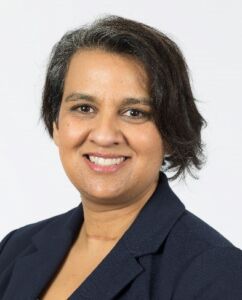

CAME Meridith Marks New Educator Award: The Meridith Marks New Educator Award, named in honour of Dr. Meridith Marks, recognizes individuals in the first phase of their professional career who have made a significant contribution to medical education. CAME is delighted to present the 2020 Meridith Marks New Educator Award to Dr. Meredith Vanstone, McMaster University.
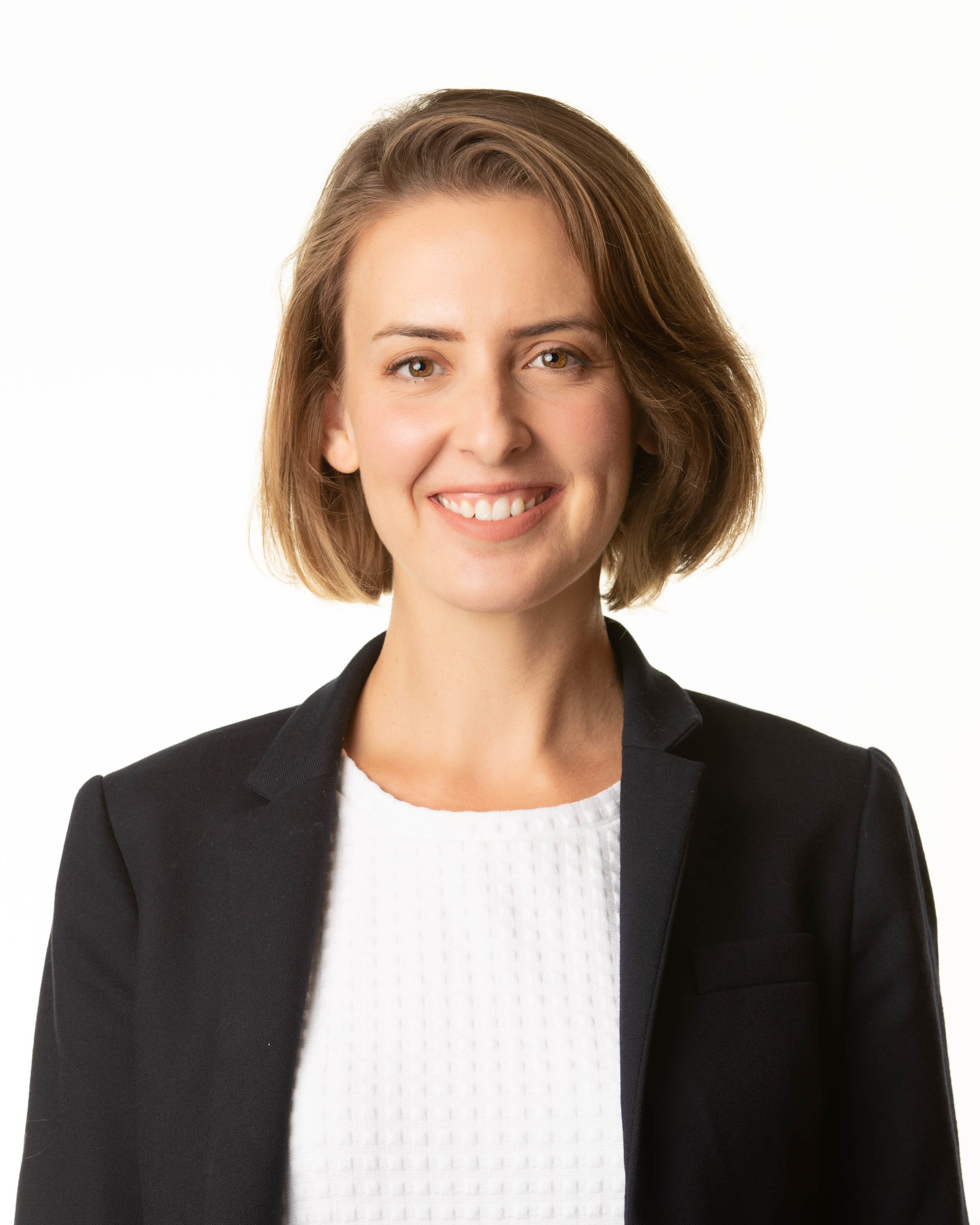

Dr. Vanstone is an interdisciplinary researcher who uses qualitative methods to examine the social and ethical implications of policies about health professional education and practice. She has provided social and ethics evidence and consulting to provincial, national, and international health policy decision-makers.
Dr. Vanstone’s work is supported by funding from the Canadian Institutes of Health Research, the Ontario Ministry of Health and Long-Term Care, the Royal College of Physicians and Surgeons of Canada, and the Greenwall Foundation. Dr. Vanstone supervises in the following graduate programs: Health Sciences Education (MSc), Health Research Methodology (Msc and PhD) and Health Policy (PhD).
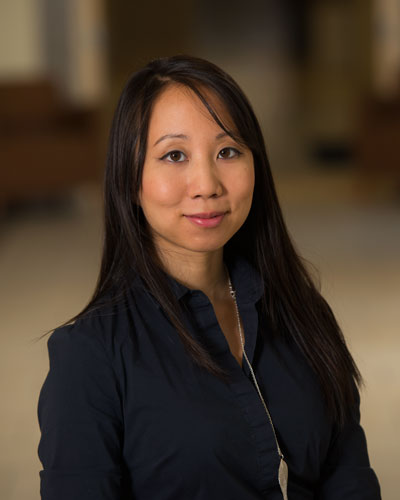

As an education scientist and health professions educator, Stella is committed to education as praxis – a thoughtful integration of critical theory and practice directed toward improving society (see Ng & Wright, 2017). Originally a pediatric educational audiologist, Stella began her scientific career studying reflective practice as what health professionals do in value-conflicted, uncertain zones of practice, e.g. school-based healthcare, homecare, or chronic pain management. Through this research, she identified that critical reflection enabled health professionals to engage in effective, person-centered care in response to systemic constraints and complex challenges. Extending from this theory-building work, Stella now tests ways to authentically teach and assess critical reflection, asserting that critical reflection is necessary for health professionals to be effective in social aspects of healthcare, like advocacy, systems-based practice, collaboration and communication. Her funding from ministry, tri-council, and foundation sources enables Stella to work with talented graduate students and collaborators on this research program.
True to praxis, Stella connect her research to everyday education. She co- develops and leads internationally-reaching education programs on transformative and reflexive approaches to education and education research, and teaches across the health professions education spectrum – from an undergraduate service-learning course to faculty and continuing professional development. Currently Stella is the Director of Research, Centre for Faculty Development and Arrell Family Chair in Health Professions Teaching, Faculty of Medicine University of Toronto at St. Michael’s Hospital; Scientist, The Wilson Centre and Centre for Ambulatory Care Education, and Assistant Professor, Dept. of Speech-Language Pathology.
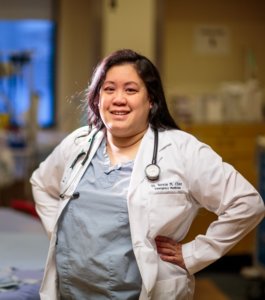

Dr. Chan is already an award-winning teacher, having won numerous clinical teaching awards in Emergency Medicine. She teaches learners all across the continuum (e.g. undergraduate, graduate, postgraduate, and even practicing clinicians). Dr. Chan is the current program director of the Clinician Educator Area of Focused Competency (AFC) program and also is the Competency Committee Director for the Royal College Emergency Medicine residency program. She is also the outgoing continuing professional development officer for her Division of EM. Nationally, she is the Royal College Specialty Committee Chair for the Clinician Educator AFC.
Dr. Chan has dedicated much of her early career to mentoring and fostering others in the area of education scholarship. She has been involved in several initiatives to this end, such as the ALiEM Faculty Incubator, the Early Career Medical Educators group, and the CanadiEM.org Digital Scholars Program. Beyond that, she has also worked hard to mentor dozens of medical students, residents, and junior faculty members in developing their academic skills. Her mentorship knows no bounds, as she has regularly sought to use digital tools to connect with collaborators and mentees around the world.
Her programs of research include two main areas: 1) contextualized clinical decision making; 2) improving knowledge translation using education theory and innovation. In terms of her scholarly output, Dr. Chan has also been inordinately prolific. At the time of this award, she will have published more than 100 peer reviewed publications. She also is an award-winning peer reviewer, and serves on the editorial boards of a number of journals including: AEM Education & Training, Canadian Journal of Emergency Medicine, the Journal of Education and Teaching in Emergency Medicine (JETem), Perspectives on Medical Education, and BMJ’s Journal of Simulation and Technology-Enhanced Learning.
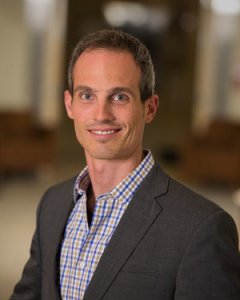

Recently, Ryan was awarded the Professorship in Technology-Enabled Education at St. Michael’s Hospital (SMH) and the University of Toronto. Concurrent with that new appointment, Ryan is now the Research Director & Scientist at the Allan Waters Family Simulation Centre, SMH. In addition to his roles at SMH, Ryan is an Education Scientist at the Wilson Centre, University Health Network, and an Assistant Professor and Education Scientist in the Department of Medicine, University of Toronto. Ryan earned his PhD at the University of Toronto, and completed his post-doctoral fellowship with the Centre for Health Education Scholarship at the University of British Columbia. He translates his training from the disciplines of Kinesiology and Neuroscience to enhance his research study designs.
Ryan conducts research in three related domains: (i) clarifying how healthcare trainees and professionals manage (through self-regulation) their life-long learning, (ii) understanding how to optimize the instructional design of healthcare simulation (and other technology-enhanced learning modalities) for training and assessment of healthcare professionals (iii) identifying best practices in the training and assessment for bedside invasive medical procedures (e.g., lumbar puncture, central line insertion, thoracentesis). Examples of questions he asks include how trainees prepare for future learning, how they learn to self-monitor effectively (i.e., think about their own thinking), how educators and trainees differ in their conceptions of learning, how validity evidence is collected and organized in assessment of health professionals, and how to design training using educational technologies (e.g., iPad apps, web-based simulators) to enhance learning outcomes.
Ryan teaches in local, regional, national, and international settings, with learners from all stages of training (i.e., undergraduate to graduate students to continuing professional development). For example, he is a part of the ‘aster faculty’ of two courses offered by the Royal College of Physicians and Surgeons of Canada Practice, Performance, & Innovation Unit. He also serves as an Associate Editor for the journal Advances in Health Sciences Education, and a Senior Editor for the journal Advances in Simulation.
2017
Dr. Meredith Young, PhD
McGill University
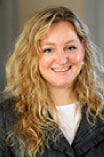

Dr. Tina Martimianakis
University of Toronto
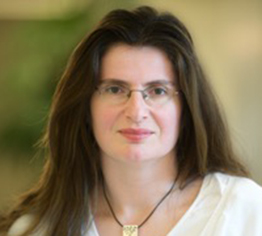

Pre Christina St-Onge, Ph. D.
Université de Sherbrooke
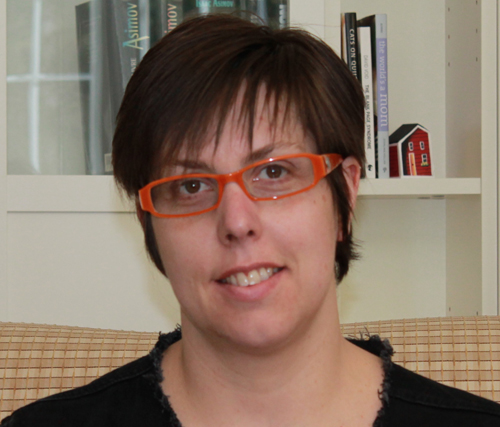

Ayelet Kuper, MD DPhil
University of Toronto
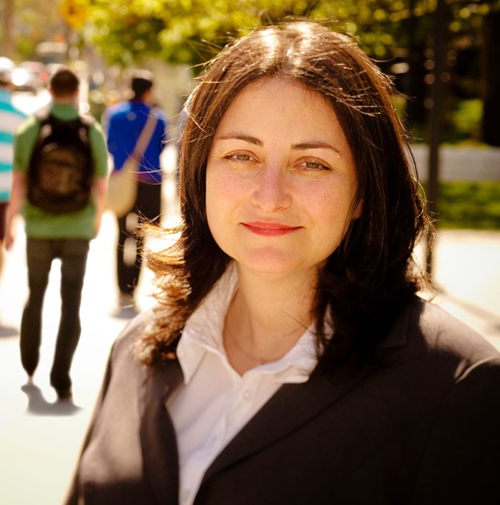

Dr Rodrigo Cavalcanti
University of Toronto
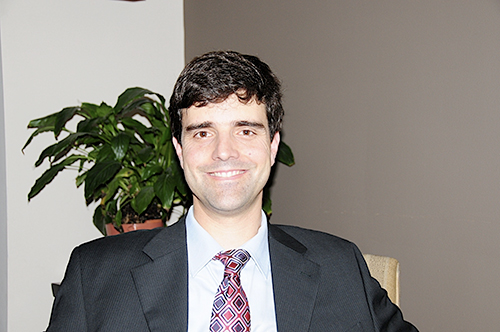

Dre Miriam Lacasse
Université Laval
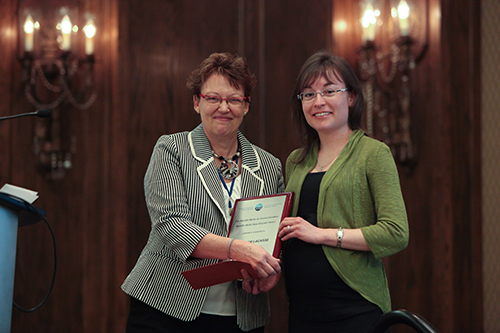

Dr. Jonathan Sherbino
McMaster University
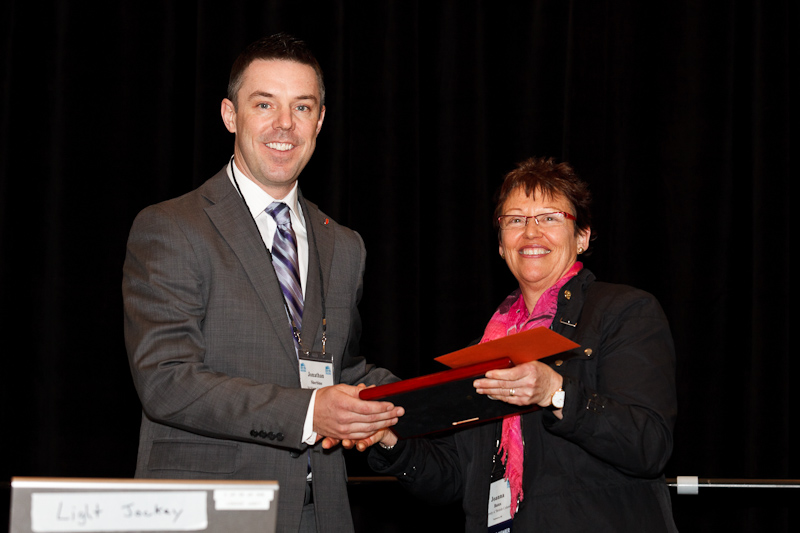

Dr. Tyrone Donnon
University of Calgary
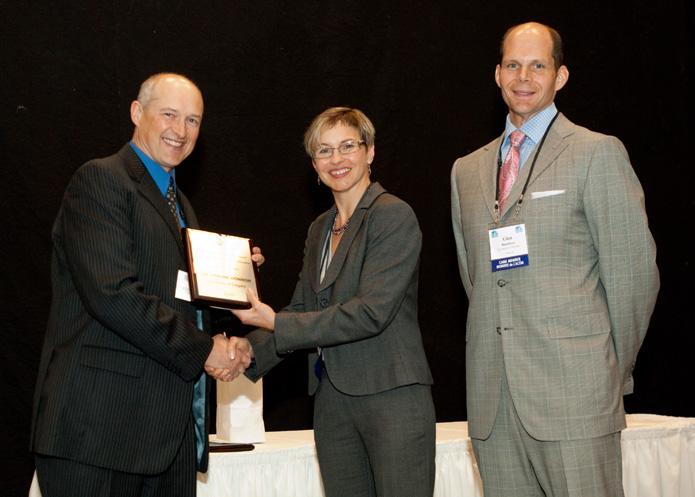

Dr. Farhan Bhanji
McGill University
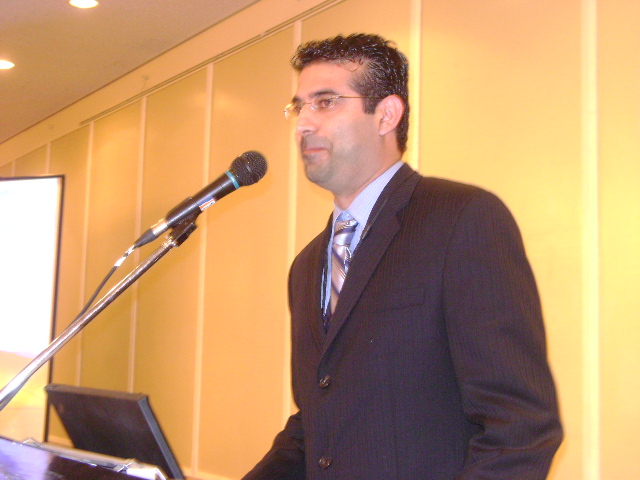

Dr. Mark Goldszmidt
University of Western Ontario
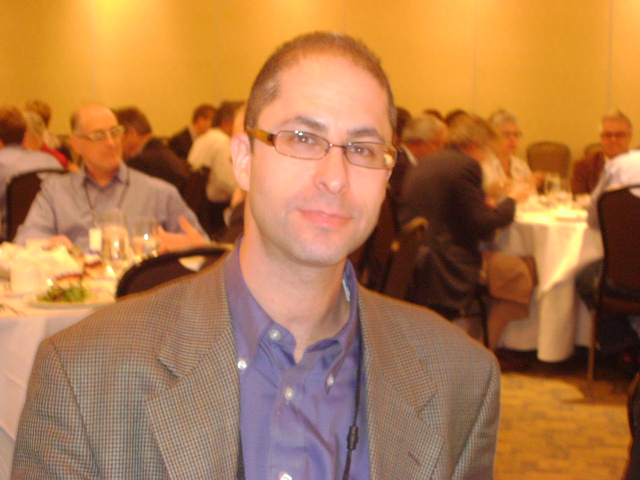

Dr. Liane Feldman
McGill University
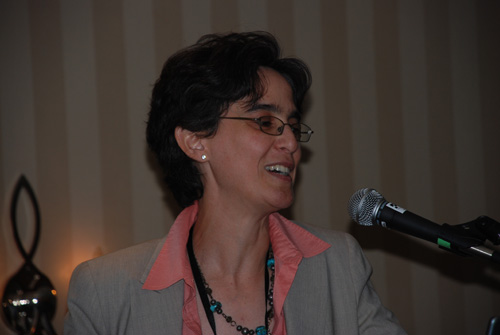

Dr. Jason Frank
Royal College of Physicians and Surgeons of Canada
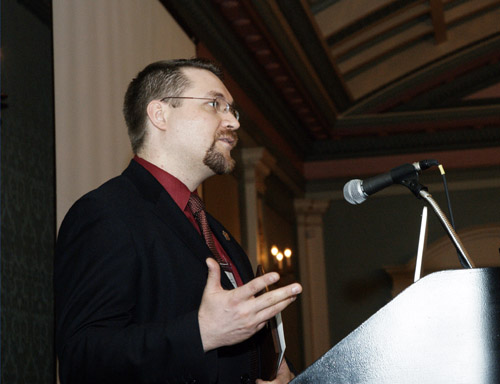

Dr. Kevin Eva
McMaster University
